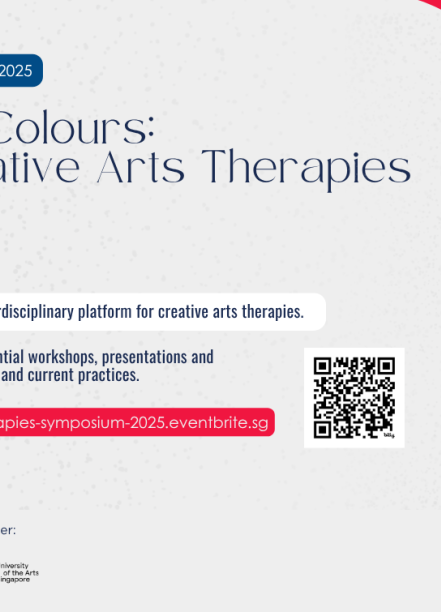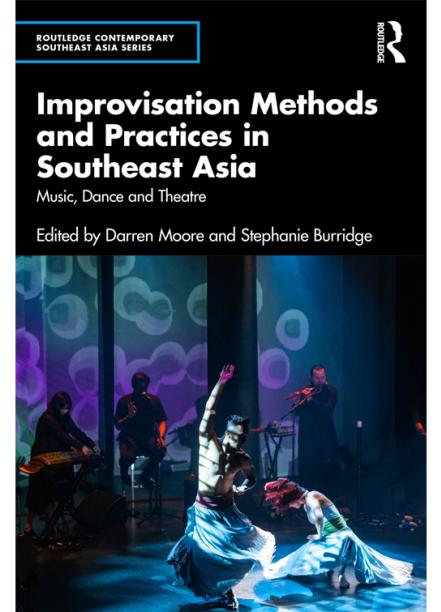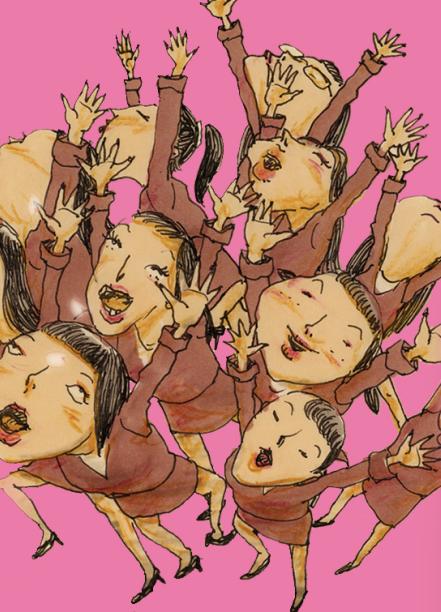Date
15 February 2017
Type
SeminarSpeakers:
Adeline Kueh, Senior Lecturer in Fine Art, LASALLE
Meredith Morse, Assistant Professor of Art History, NUS-Yale College
Mitha Budhyarto, Lecturer in Spatial and Product Design, LASALLE
Pontianak & her Sisters: Ghosts, Counter-Narratives & Subversions
Adeline Kueh
In this talk, I will look at the conceptual category of ghost stories centering on the construct of the ‘pontianak’ (a female ghost) and her ‘sisterly’ counterparts within the contexts of folklore, fiction and film. The emphasis is more on how urban legends are linked to the older Malayan context (with Malaya being formerly a geopolitical entity consisting of modern-day Singapore and Malaysia). The question that I am interested in asking is not whether these female ghosts and categories reveal or distort the reality of women but whether they actively construct and define the ways in which femininity is conceived. It is my opinion that they do reflect, to some extent, the mimetic reality of a particular period, especially the socio-historical concerns and turmoil even if these examples are of a selected few. Jeffrey Cohen has suggested that the “monster is born only at a metaphoric crossroads, as an embodiment of a certain cultural moment… and the monster’s body literally incorporates fear, desire, anxiety and fantasy…”(Cohen, 1996).
The Dispersed and Disoriented Body: Richard Serra, Simone Forti, and Trisha Brown
Meredith Morse
In this paper, I discuss an important, but little discussed, exchange between post-minimalist sculpture and New York’s experimental dance of the 1970s in order to suggest that dance’s more radical approach to materiality, the object, and its spaces informed post-minimalist production, such as that of Richard Serra. These approaches, evident in work by choreographer/performers Simone Forti and Trisha Brown, unseated the certainties of a centered and unitary sense of one’s body in space upon which the Minimalist model of spectatorship was predicated, and which has continued to inform the theorisation of post-minimalist art.
Doing Nothing Together: The Time of Hanging-Out
Dr Mitha Budhyarto
This presentation discusses the temporal dimension of nongkrong, an Indonesian term that may literally be translated as “hanging-out”. It examines how the experience of nongkrong creates the possibility of generating and disseminating knowledge precisely by challenging the accepted notion of productivity. This is so, because to “hang-out” typically implies the act of doing nothing, where an intentional decision to “waste time” is made. As this specific mode of (non)utilizing time is compounded by the social aspect of hanging-out, a question relating to knowledge-production may be posed: how and what kind of knowledge is be produced (and distributed) when we purposefully do nothing together?



